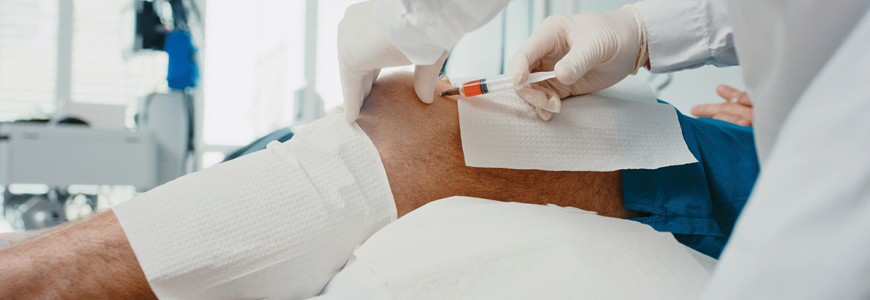To refer a patient, call Duke's Consultation and Referral Center at 800-633-3853 or log into Duke MedLink.
Study design and goals
The project will simultaneously use multiple arms to optimize a potential new therapy and deliver it to patients quickly. They will build on previous findings from project members, including identifying small molecules and proteins that improve the cartilage regeneration process; developing methods to deliver agents and target them to relevant joint tissues; restoring joint and bone tissue to a “younger” state in animal studies; and understanding the genes and pathways needed to generate articular cartilage.
“Duke is well suited to coordinate this project because we provide clinical care at the highest level while also performing top-level research,” says Alman. “We already have a number of programs to provide cutting-edge care for all stages of osteoarthritis to delay the need for arthroplasties, provide nonoperative management for symptoms and pain relief, determine which types of surgeries are the best match for each patient, and shorten hospital stays.”
The researchers propose three therapies:
- an injection into the joint to release regenerative factors in the bone supporting injured cartilage
- an injection into the joint to regenerate cartilage tissue
- an IV version of the injectable that could home in on diseased cartilage tissues in patients who have osteoarthritis in multiple joints
The project also seeks to recruit a study population representative of patients in the U.S. with osteoarthritis. “Osteoarthritis does not affect all populations equally, and the project will include an arm to identify populations that would benefit the most and to ensure that the proposed therapies are readily available to those patients,” says Alman.
ARPA-H is a federal agency established to advance high-potential, high-impact biomedical and health research that cannot be readily accomplished through traditional research or commercial activity. Designed to develop innovative ways for joints to heal themselves, ARPA-H’s Novel Innovations for Tissue Regeneration in Osteoarthritis (NITRO) program provides the funding for this project.
